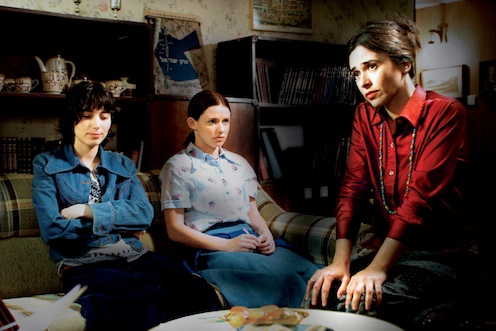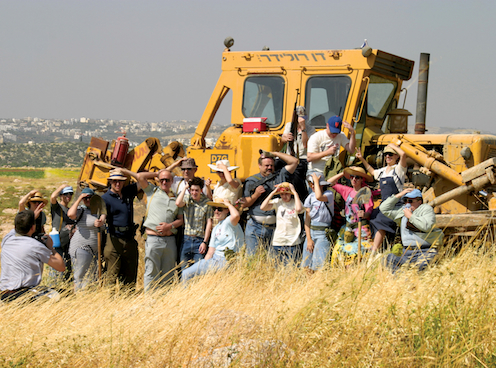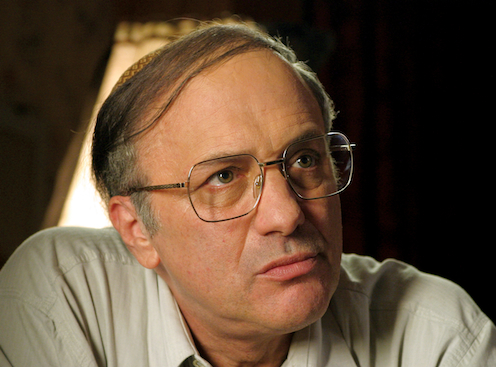Campfire
Full Description
Winner of five Israeli Academy Awards, including Best Picture, Campfire is a shining example of the nuanced, exquisitely acted dramas that are giving Israel a prominent place on the international cinematic map.
The setting is Jerusalem, 1981. Rachel, a recently widowed mother of two teenage girls, hopes to start a new life with her family by joining a religious settlement in the West Bank. But she must first convince the community’s leader, Motke (the formidable Assi Dayan), that she is a worthy candidate. Despite her ideological passion, Rachel’s independent ways collide with Motke’s authority. He pressures her to marry and lead a more conventional life—a plan her rebellious older daughter immediately sets out to sabotage. Younger daughter Tami is more supportive, but soon experiences a trauma that will test Rachel’s priorities as mother, settler, believer.
Michael Eshet gives a delicately shaded and moving performance as the single mother of an all-female household. Beloved Israeli actor Moshe Ivgy plays her freethinking suitor, Yossi, who quietly introduces the promise of finding love and acceptance outside the "tribe" of settlers.
Director Joseph Cedar (Time of Favor, SFJFF 2001), whose own parents were religious Zionists, lends an insider’s authenticity to the social pressures and ideological zeal of the tight-knit settler community. Ultimately, though, Campfire is a personal, human-scaled drama about the painful urge to fit in.
Filmmaker Bio(s)
Joseph Cedar was born in New York in 1968 and immigrated to Israel with his family at the age of six. The son of Tzippi and Howard Cedar (she a psychodrama therapist and he the 1999 winner of the Israeli Prize for his work in molecular biology), Cedar studied philosophy and theater history at the Hebrew University in Jerusalem and is an NYU Film School graduate. TIME OF FAVOR is Cedar's first feature film.
Cedar, a former infantry paratrooper with a yeshiva background, identified with this story on a very personal level. After three years of living on a settlement in Samaria, Cedar came to a moment that changed his life. While Israeli Independence Day celebrations were going on, he noticed that, unlike when he was a child, everyone was taking everything very seriously, in their uniforms, and he wondered where was the humor, where was the joy? From then on, his perspective changed. "I began thinking about the high price the younger generation is paying for their parents' adventure." While he retains his respect for the settlement movement, he has concluded that its willingness to suffer for the land of Israel blinds them, says the intense director, "in two ways. One is to their neighbors, the Palestinians. They think they're paying the price, but their neighbors are paying the real price for the occupation."
The other blindness became the film's subject. "When you are swept up in a total conviction regarding your mission, and moral righteousness, the individual human being loses importance. What is the price an individual person should pay for the larger group?" He set out to write the story of a young man who sees himself as a patriotic national hero but then overnight turns into the public enemy as his religious affiliation is used against him. Cedar received a development grant from the Israel Film Fund and relocated to a settlement in the West Bank in order to research and write his screenplay. There, in an isolated caravan, with a bed, an electric heater, and a computer, TIME OF FAVOR was composed.
Director(s)
Country(ies)
Language(s)
w/English Subtitle
Release Year
Festival Year(s)
Running Time
96
Cast




